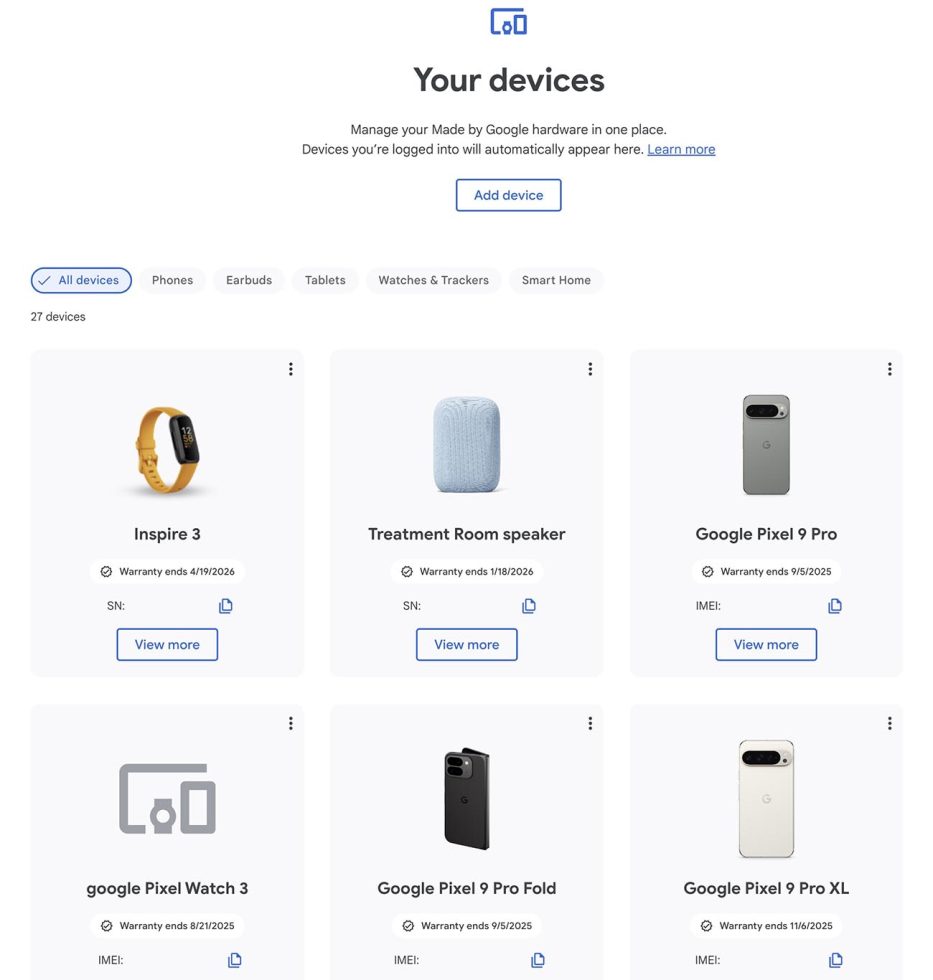In today's day and age, it can feel almost impossible to keep anything private, such as your whereabouts, and we're often at the mercy of companies to take actionable steps to do so. To that end, Google has announced...
In today's day and age, it can feel almost impossible to keep anything private, such as your whereabouts, and we're often at the mercy of companies to take actionable steps to do so. To that end, Google has announced new location controls for Maps designed to give you more well, control, over what and where data is recorded.�
One of the most notable changes rolling out is the option to save your Timeline right to your device instead of the cloud. If you're unfamiliar, the Timeline is an encrypted record of all the areas and attractions you've visited. You need to turn on your Location History � it's off by default � in order to activate Timeline. As part of Google Maps' updates, Location History will automatically delete your data after three months versus the previous 18 months. However, you can delete any information as soon as you want or turn off auto-delete. Plus, you can turn Location History back off at any point.�
Speaking of Location History, Google Maps will also allow you to click on your blue dot on the map and see settings such as Location History and Timeline. The shortcut lets you edit how much of your information is shared with and stored on Google Maps without having to dive into your settings.�
Similarly, Google Maps is adding the option to delete location-specific data. Say you were looking up a restaurant to take your partner for their birthday and want to keep it secret, you can delete directions, searches, shares and more. This feature and the blue dot shortcut will roll out in the coming weeks on Android and iOS, but the ability to save your Timeline straight to your device will become available sometime over the next year.�
This article originally appeared on Engadget at https://www.engadget.com/google-maps-will-let-you-store-your-location-on-your-phone-instead-the-cloud-170041432.html?src=rss









